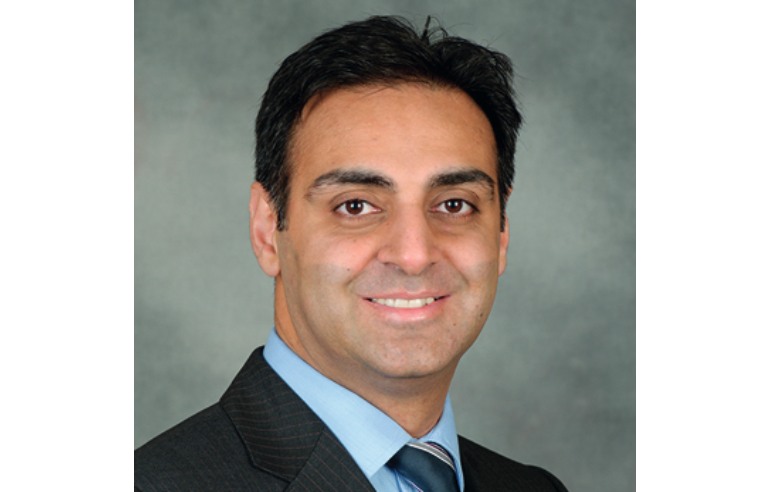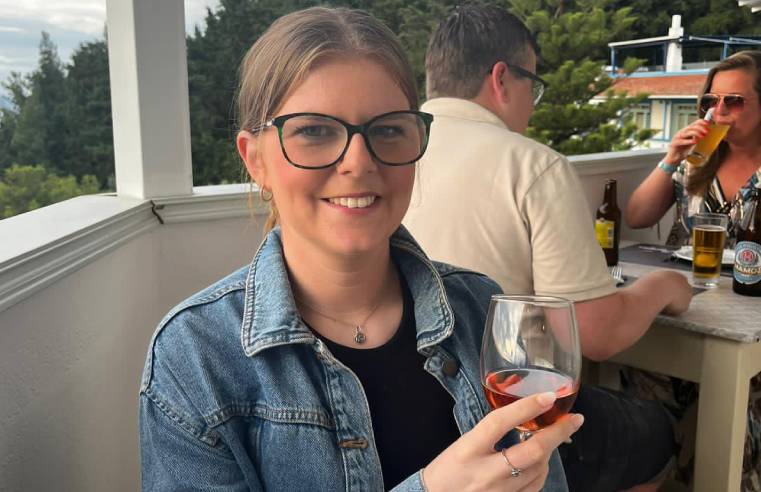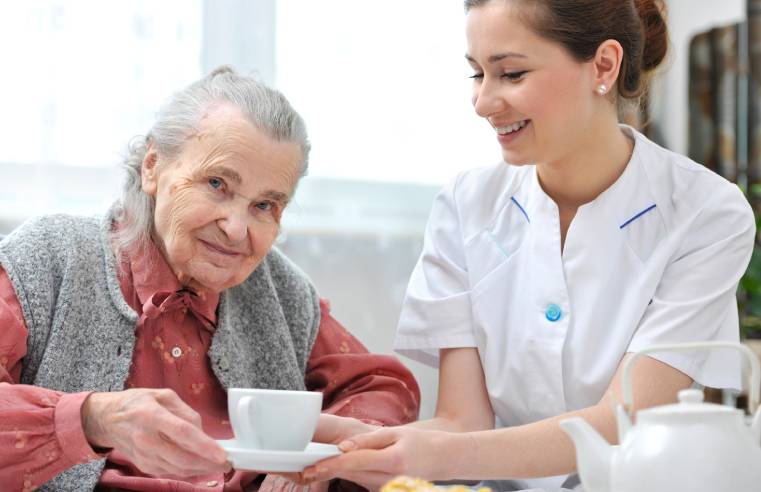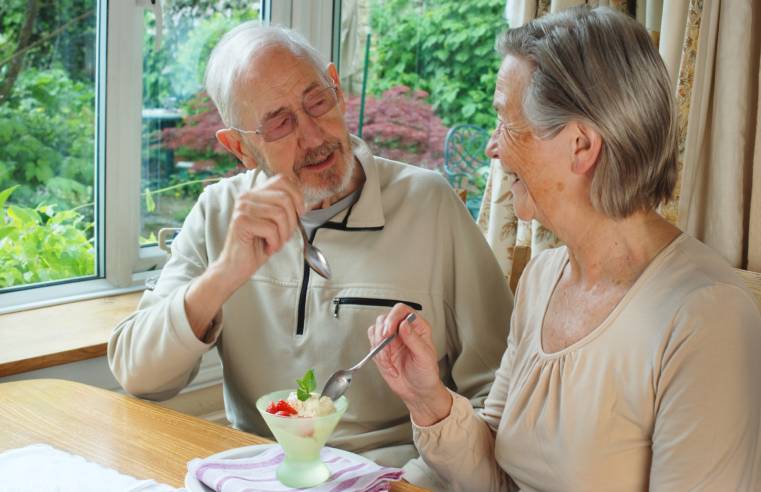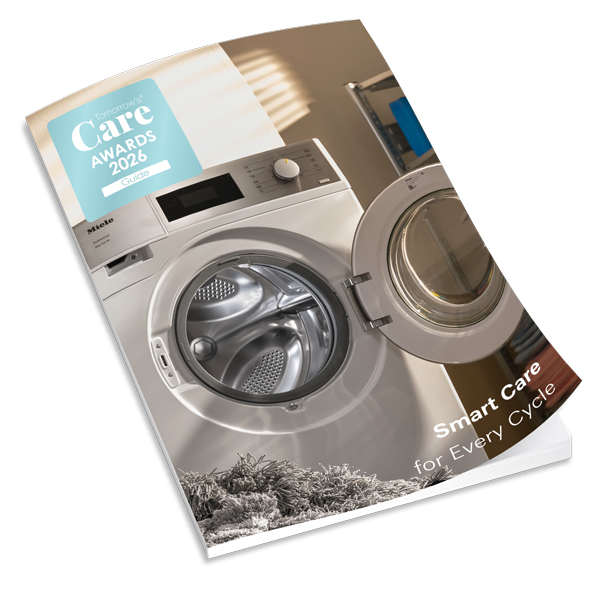With more than 600,000 patients currently waiting for eye care treatment in England, could community-based providers like CHEC relieve the burden on the NHS, asks Imran Rahman, CEO of CHEC.
How long are patient waiting lists?
Across the NHS in England, more than six and a half million people are waiting for treatment. Of those, more than 632,000 people are waiting for ophthalmology procedures and, of those, almost 25,000 have been waiting a year for treatment to begin. The median waiting time is just under 12 weeks.
Delays in receiving eyecare treatment leads to 22 patients a month losing their vision . So, while it is welcome that the Government has earmarked £1.5bn to help clear the backlog in eyecare, it is essential that we do so quickly, utilising all the tools available to us.
How can community providers help?
One way to address the pressure on the NHS lies in expanding a practice which is working well already. A community-based care partnership model, which is already adopted by providers such as CHEC, can be instrumental in clearing NHS backlogs by offering elective care in local settings.
If you look at CHEC services, as an example, we offer key eyecare treatments right in the heart of local communities. The increased capacity of community-based services enables patients to receive high quality care as quickly as possible. As a result, the burden on the NHS is relieved and patients receive a better outcome.
Why is it important to reduce waiting times for ophthalmology?
Long NHS waiting times have a severe impact on patient outcomes, regardless of whether it is ophthalmology, orthopaedics or oncology. Of course, ophthalmology may be seen as less urgent than cancer diagnosis and care, but it is no less important for those living with eye conditions.
Left untreated, cataracts can lead to more trips and falls among older patients, resulting in potentially serious injuries and additional cost to the NHS. On a more personal level, they can prevent someone from driving, leading to a loss of independence, which can negatively affect mental and physical wellbeing.
A cataract can be fixed with a simple, 10-minute operation. Anaesthesia eye drops are used, so it is a day-case procedure.
Do enough people know about community-based services?
There is often a lack of profile and funding for these services. One of the fundamental ways to address this is to highlight the NHS Patient Choice Framework which many patients are unaware of. This allows patients to choose which provider they see when they are referred for treatment.
If a patient selects a community-based provider, they can receive the treatment they need more quickly and support the NHS in relieving its backlogs. Highlighting the importance of the NHS Patient Choice Framework and the value of community-based healthcare is essential to maximising the potential of these services.
Tell me more about the "Home to Hospital" transport service and the CHEC booking app - how do these initiatives work?
Our patient booking app is one of our key initiatives to support the NHS by improving efficiency. The app gives patients on-the-go access to appointments, ensuring they can be seen as quickly as possible, helping to minimise cancellations or missed appointments.
With many patients now finding it hard to access healthcare, our Home to Hospital service offers our patients transport to and from their eyecare surgery and appointments. By offering this and other initiatives, such as translation services, we can ensure everyone receives the same patient-focused care that is at the heart of CHEC’s mission. With research suggesting some ethnic minority groups are more likely to have a poor experience with their GP, addressing these inequalities is one of our top priorities.
Both our Home to Hospital service and patient booking app are vital to ensuring patients are offered the service which is right for them. This bespoke and accessible community-based care is essential to delivering better outcomes for both patients and the NHS.



